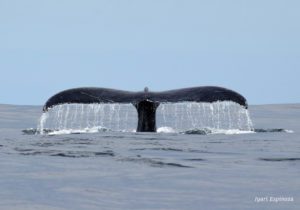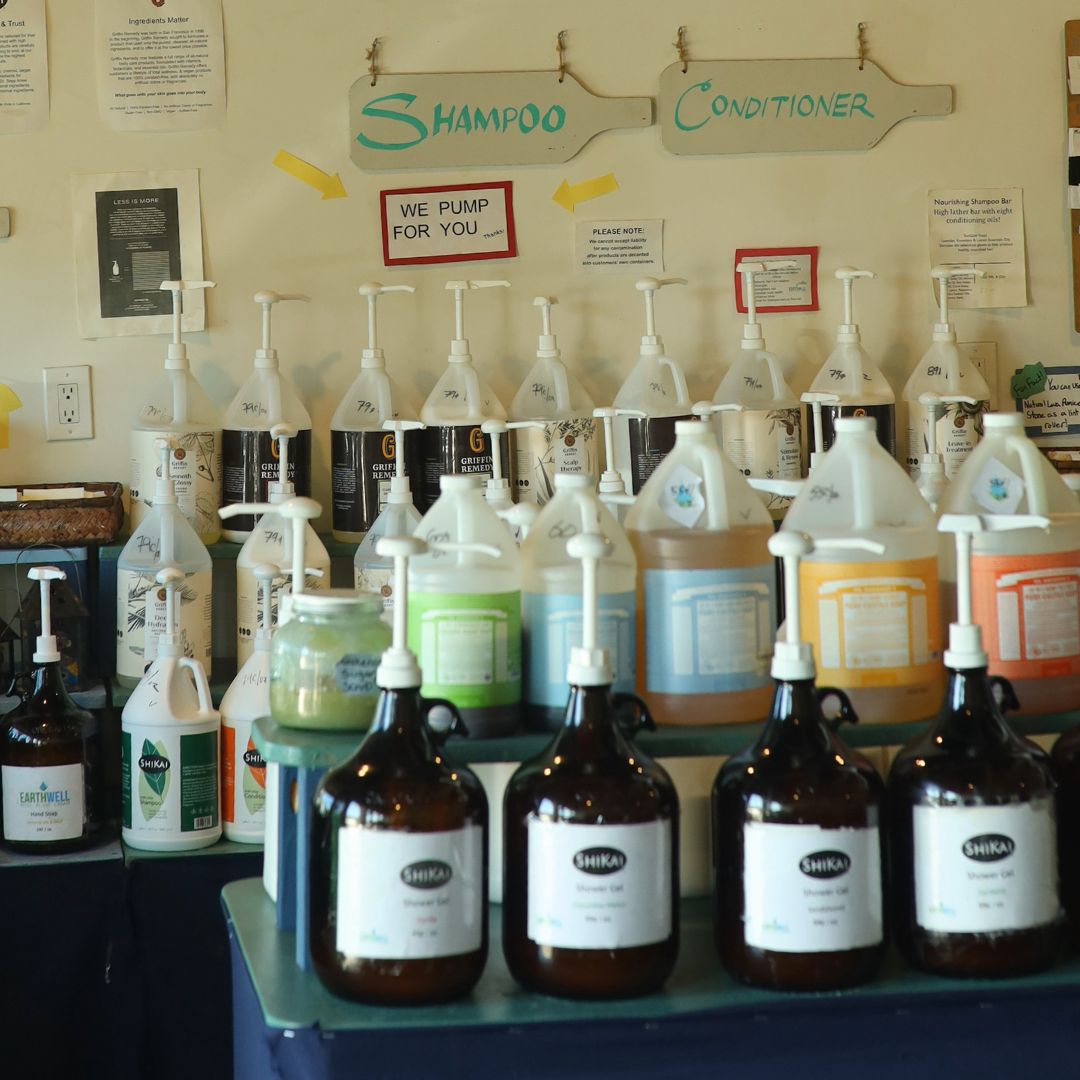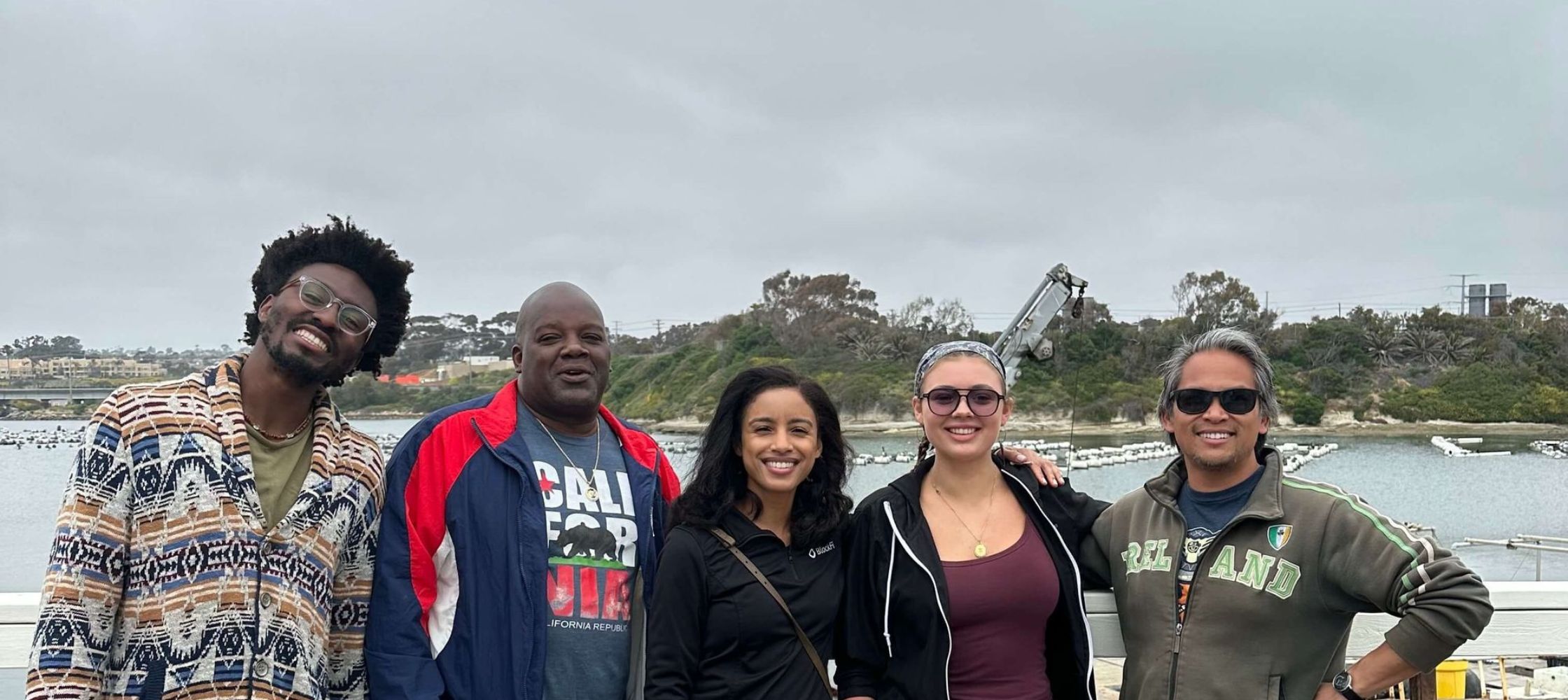By Iyari Espinoza, Grupo de Investigación de Mamíferos Marinos
Given its geographic location, Mexico is a refuge, resting, and reproduction area for several migratory species, from the small and beautiful monarch butterflies to the majestic whales.

I am Iyari Espinoza, a marine biologist and member of the Grupo de Investigación de Mamíferos Marinos, GRIMMA. Almost 20 years ago, I adopted Bahía de Banderas (Bay of Flags) as my home and the humpback whale as my favorite species and object of study. Due to their majesty, size, and charisma, whales are animals that people want to know about; this has given us a perfect tool to create empathy and interest through environmental education. On a personal level, humpback whales amaze and inspire me every day to generate scientific and useful information to help with their conservation. Currently, I lead a project that assesses, among other things, the impact that whale watching tourism has on the humpback whale populations that migrate to Bahía de Banderas during the winter.
In our bay, whale watching tourism is one of the main economic activities and presumably has no registered impact on the whales; however, with the accelerated growth of this activity, some negative effects are starting to occur.
Unfortunately, I have witnessed how an adult whale flees before the arrival of a speed boat, and how a group of whales exhibits different behavior in the presence of boats. Some whales change the size and composition of their groups. Maritime traffic increases the noise in the ocean, interrupting their songs and forms of communication. Like us, whales breathe oxygen, but they don’t do it instinctively, but rather they decide when to do it; some whales slow down their respiration rate and others increase their dive time when boats are nearby. Collisions are another serious problem. These accidents can cause lethal damage to whales. During the time I have been studying whales, I have observed that the number of scars caused by propellers has increased.

Bahía de Banderas is a very important breeding and calving site for humpback whales. In Mexico, the government regulates whale watching activities. Part of my job has been to train tourism operators to respect the law. Four boats are allowed per group of whales, small and large, for a maximum observation time of 30 minutes at a distance of 60 to 80 meters, respectively; always with caution and avoiding sudden changes in direction.
Making operators aware of these regulations is of great importance. Every year, we provide training courses, educational activities, and material distribution. This work involves collaboration between academic and social institutions committed to whale research and conservation. The positive results are beginning to be seen, and tourist activities are becoming less invasive, but there is still a lot more work to do.
I am confident that through education, people will begin to understand that respecting environmental laws translates into economic benefits. I recognize and appreciate finding others who are committed to the conservation of natural resources, who contribute their action, passion, and enthusiasm to create a better world. The work of Ocean Connectors to educate young people from coastal communities about migratory species will help us find the perfect balance of enjoying and respecting nature.
Follow GRIMMA on Facebook!



